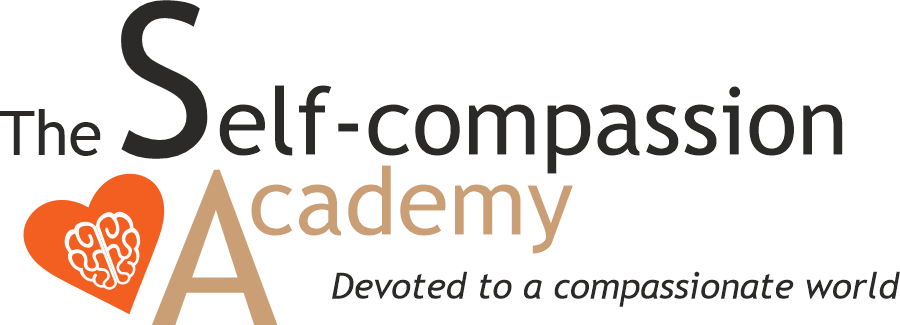Self-compassion (which is about the ability to treat yourself with the same care you’d offer a friend) is increasingly recognized as essential for mental wellbeing. It’s not just a warm-and-fuzzy idea; self-compassion is backed by robust scientific research and proven to strengthen mental health and improve personal growth. One (surprisingly powerful) tool for cultivating it is asking the right questions.
Reflection questions as a self-compassion exercise
Reflection allows you to pause, turn inward, and notice what’s really going on, without immediately judging or fixing it. According to psychologist Kristin Neff, who pioneered research on self-compassion, this quality involves three elements:
- Self-kindness (versus self-judgment)
- Common humanity (recognizing that struggle is part of the human experience)
- Mindfulness (holding emotions in balanced awareness).
With reflective journaling with self-compassion questions, you can touch all three. Self-compassion isn’t about avoiding difficult feelings; it’s about responding to them with understanding and care. Asking reflective questions is one way to create that space.
What self-compassion questions can you ask yourself?
These questions help shift your (often critical) internal voice from one of pressure and performance to one of presence and (fierce) gentleness.
- What am I feeling right now, emotionally and physically?
- How would I speak to a friend who was feeling this way?
- What do I need most right now?
- Can I acknowledge that this is hard without needing to solve it?
- Am I putting pressure on myself to be “perfect” or in control?
- What would it look like to respond with kindness instead of criticism?
- How might this experience connect me to others who also struggle?
- What part of me is asking to be heard right now?
- If I weren’t judging myself, what would I see more clearly?
- Whose voice am I mistaking for my own?
- What would change if I offered myself grace instead of pressure?
How can questions or journal prompts help with self-compassion?
Studies show that expressive writing, especially when combined with self-compassionate framing, can reduce rumination, boost resilience, and improve mental health.
It is believed that reflective questions activate the prefrontal cortex (the brain’s area of self-regulation) and help process emotions constructively by reducing activity in the amygdala (the brain’s area of emotional distress). Writing gives shape to what otherwise feels vague or overwhelming.
Unlike affirmations, which can sometimes feel forced, questions invite curiosity rather than judgment. This can lower inner judgment and make space for self-discovery and self-compassion.
What other journal exercises are there?
Besides question prompts, try writing a self-compassion letter. While writing the letter, you step into the perspective of a friend who cares about you. Write down what they would say to acknowledge your pain and to encourage and support you.
Photo by Mathieu Stern on Unsplash







